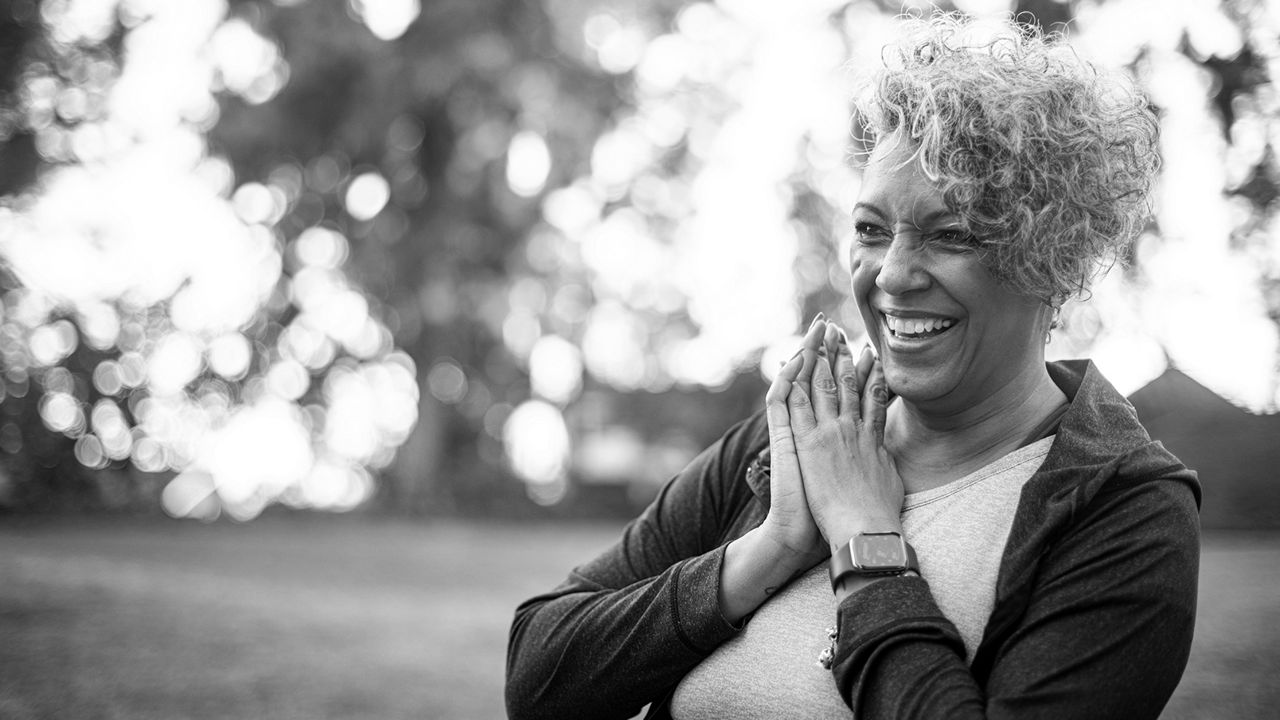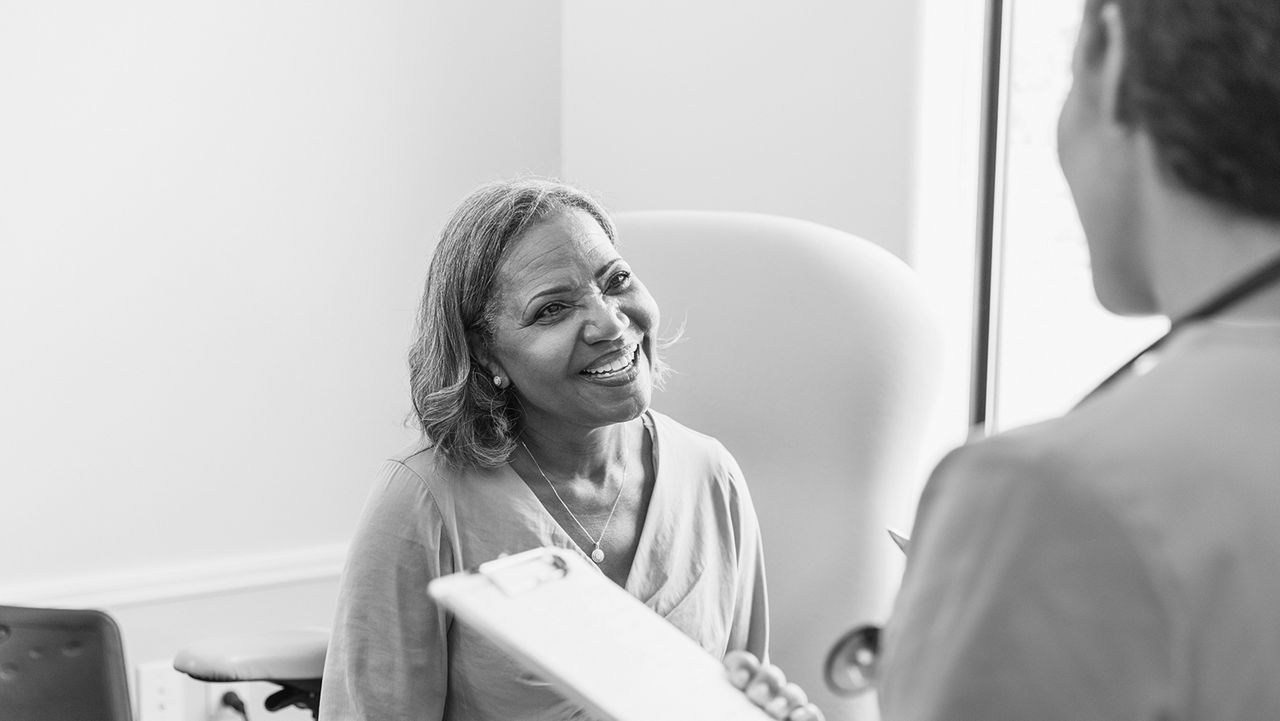Get clear on preventive care
We’re here to help you make sense of what's covered, so you can get care with confidence.
Eligible for Medi-Cal
Get the care you need with Blue Shield of California Promise Health Plan.
Considering Medicare
We offer Medicare plans for a wide range of needs and budgets.
Mental health
Whether you're feeling stressed or need a specialist, we're here to help.
We offer access to a wide range of doctors, specialists, and hospitals to help you find care wherever you live or work. Our PPO, HMO, dental, and vision networks are among the largest in California.
Why Blue Shield?
You can also explore facilities near you so you know where to go when you need care quickly.





